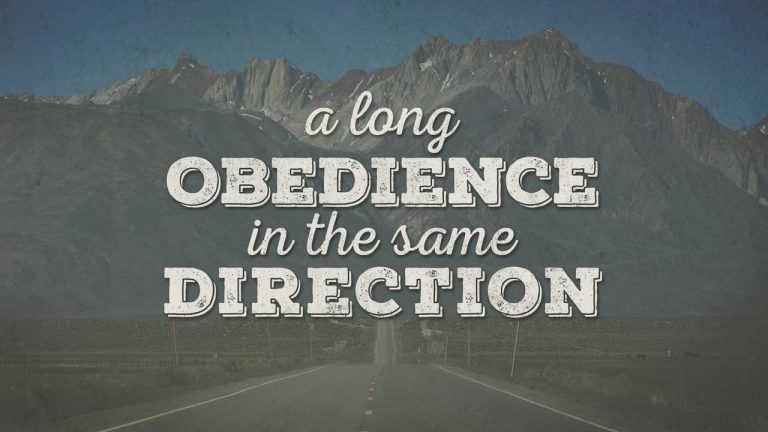1 John 2 Commentary
by Brad Boyles
and He Himself is the propitiation for our sins; and not for ours only, but also for those of the whole world.
1 John 2:2 NASB
Pro·pi·ti·a·tion.
I’ll admit it. It’s a fun word to say. It’s not a word we use in our daily conversations, however. According to Google Books, this word was used extensively in the mid-1800s and has been on the decline ever since. Coincidence?
Propitiation literally means ‘satisfying or turning away of wrath by an offering.’ John uses it here (and in chapter 4 again) to illustrate the truth of what’s been done for us. The danger for us is that we would minimize or overlook what’s actually happened.
Jesus offered Himself as a sacrifice to satisfy and turn away the wrath of God against humanity. It’s not a truth we like to discuss and many today will sugar coat this idea. The truth is, we earned nothing but wrath from God, and through Jesus, that wrath has been satisfied. If we minimize that, we minimize grace. If you and I are “good people,” then why did Jesus go to the cross?
Furthermore, if we downplay the judgment of God we are more likely to lose trust in His sovereign plan to punish evil thus taking it upon ourselves to do just that. In other words, if God is not going to punish injustice, then I will take care of it myself. But that is not what God has told us in His Word.
What is the right response? With the persuasiveness of Paul and the grit of James, John tackles this touchy subject. He lays it out with crystal clarity.
But if we obey his word, we are the ones whose love for God has really been made perfect. This is how we can be sure that we are in union with God: 6 if we say that we remain in union with God, we should live just as Jesus Christ did.
1 John 2:5-6 GNB
There is a conversion that takes place at Salvation which is the receiving of Christ into your life. Coming to an awareness of Jesus’ sacrifice and God’s presence is good. That, however, is different from abiding. Based on the propitiation for our sins and the conversion to Christ, how are you walking through everyday life?
What John is literally saying is that the person who says they know Him and have been changed and continues down the same path in their everyday life does not have truth. This person becomes a stumbling block. Presently, how many people can you think of who will never venture into a church because they had a negative experience with a hypocritical Christian? This is the attitude and behavior John is attempting to correct.
If we say that we are in the light, yet hate others, we are in the darkness to this very hour. 10 If we love others, we live in the light, and so there is nothing in us that will cause someone else to sin.
1 John 2:9-10 GNB




